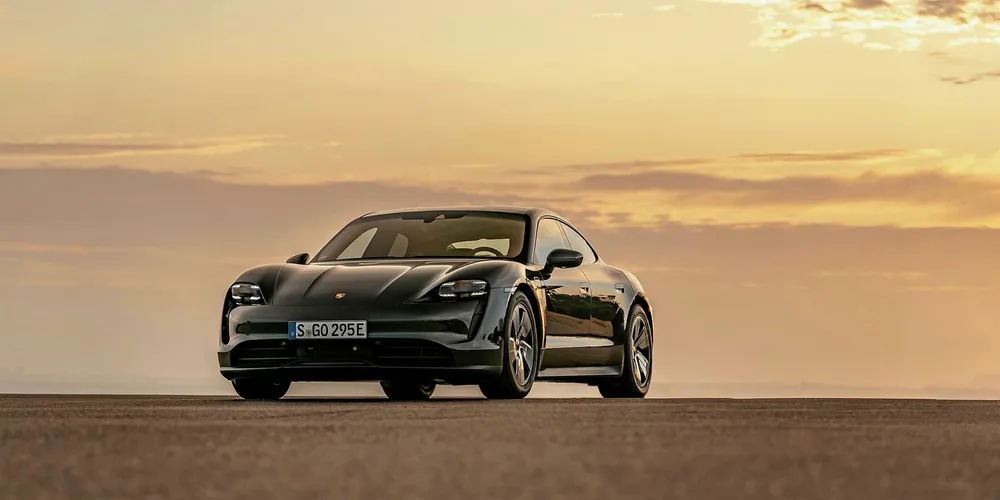Porsche puts green hydrogen in LatAm fast-lane with Enel and Siemens Energy
The companies together with Chilean utility AME and oil firm ENAP plan to produce green hydrogen in one of the world’s windiest regions

The companies together with Chilean utility AME and oil firm ENAP plan to produce green hydrogen in one of the world’s windiest regions
